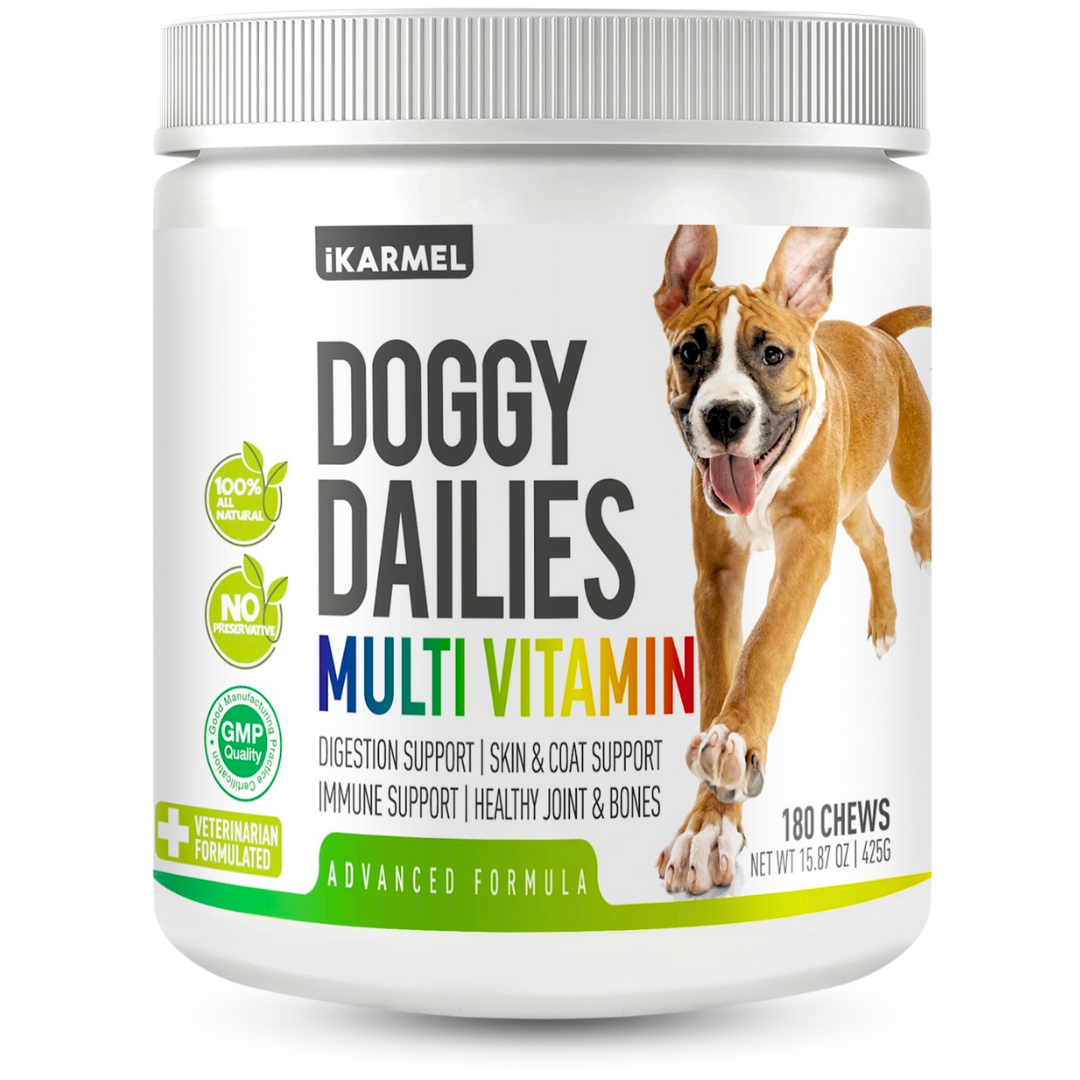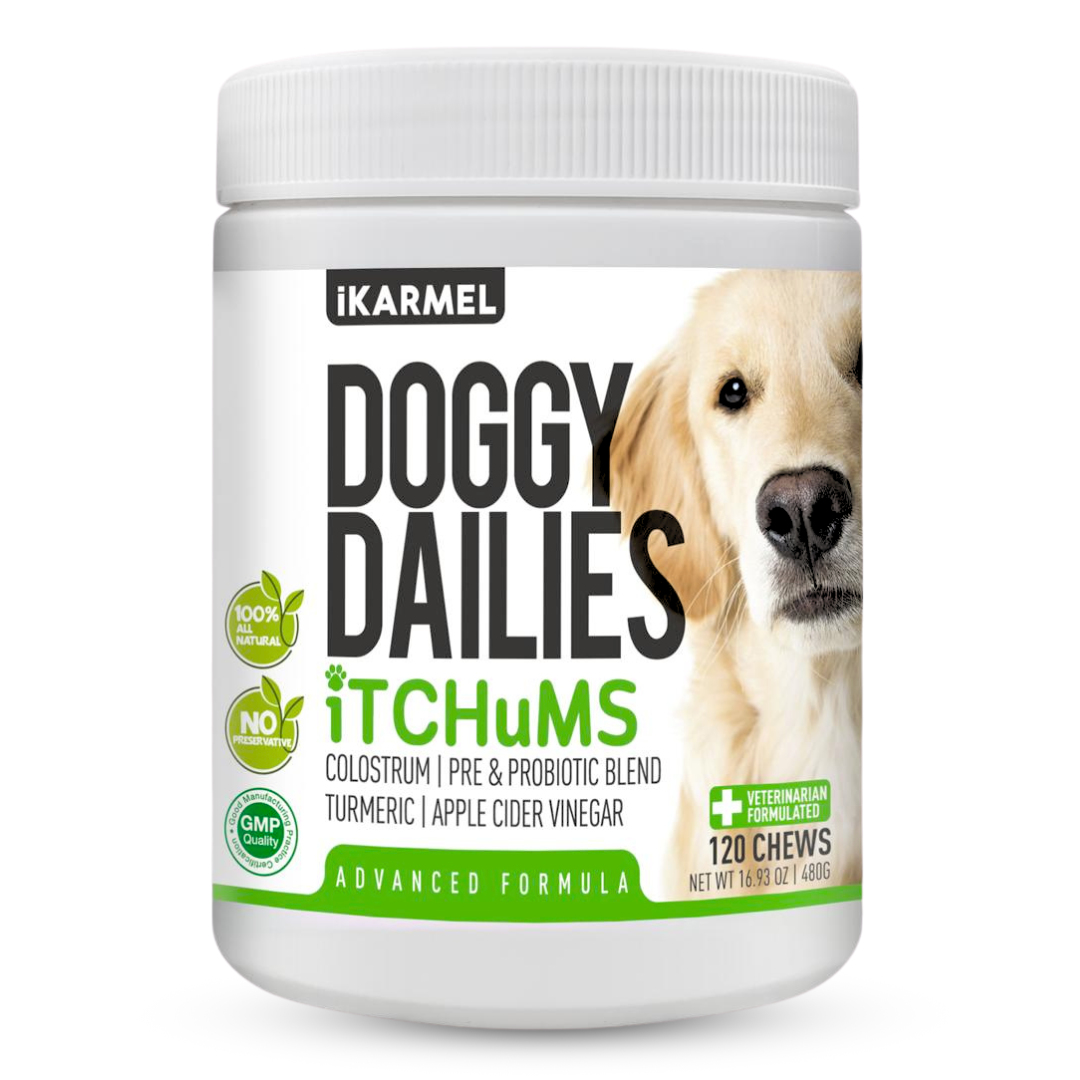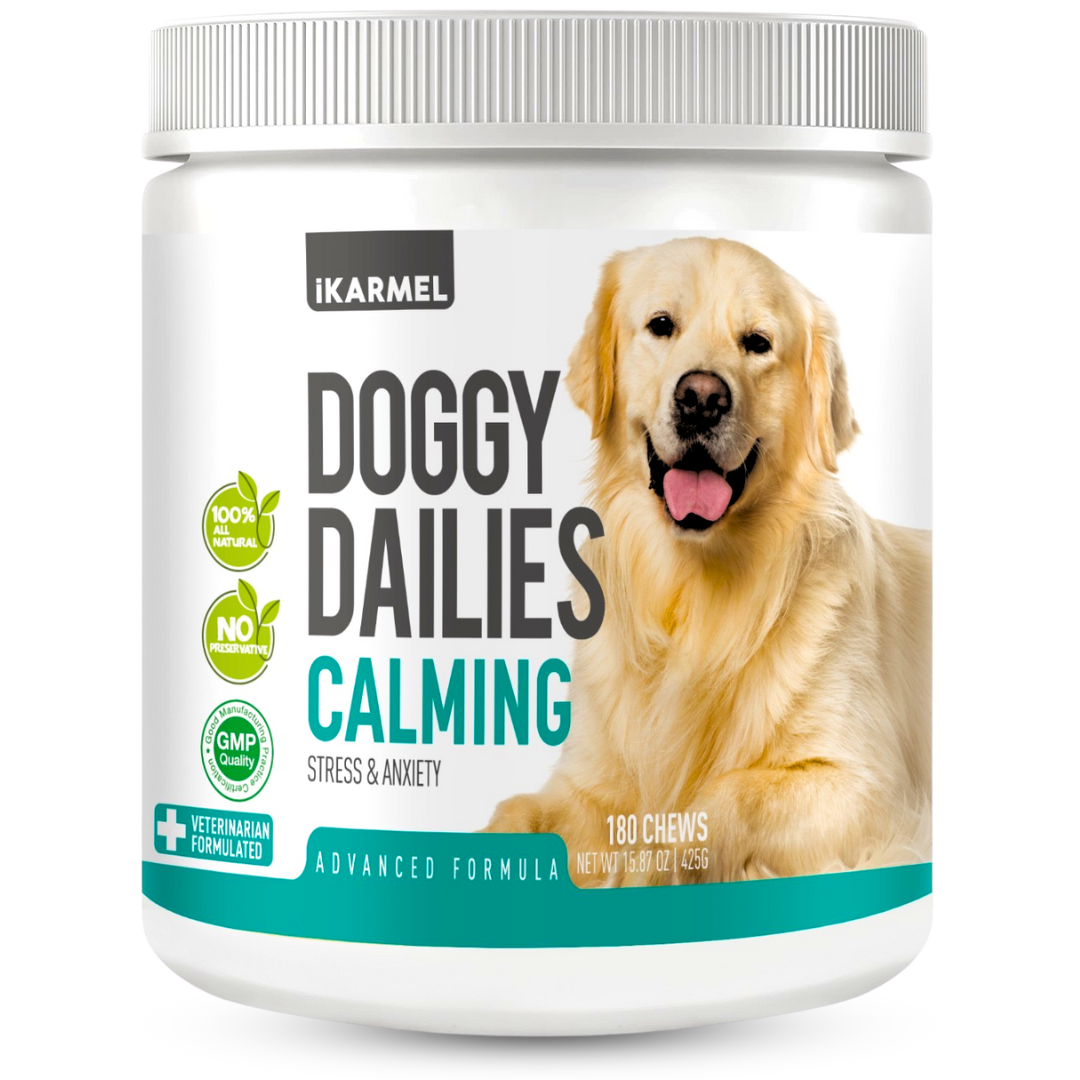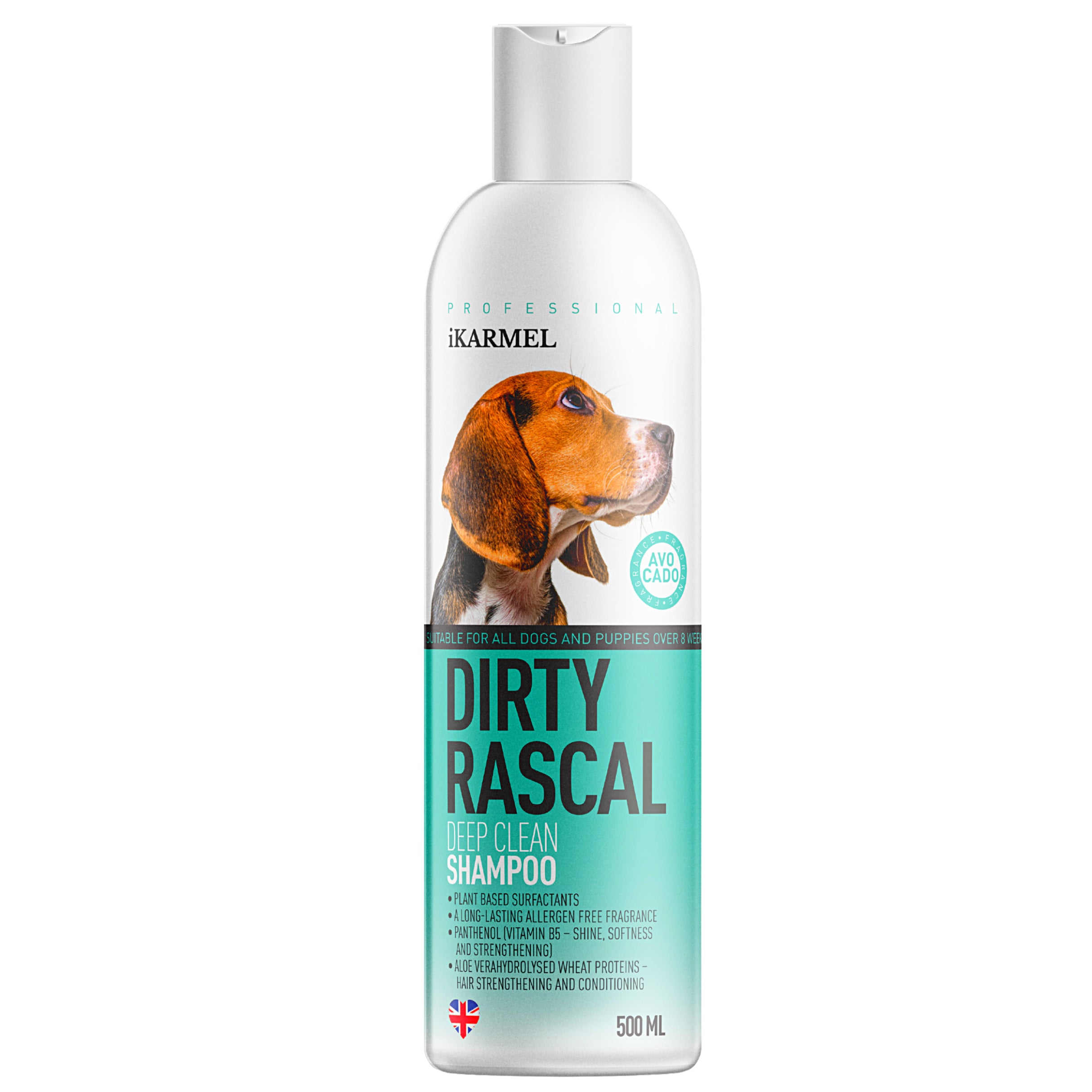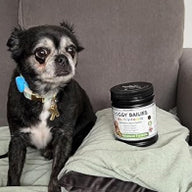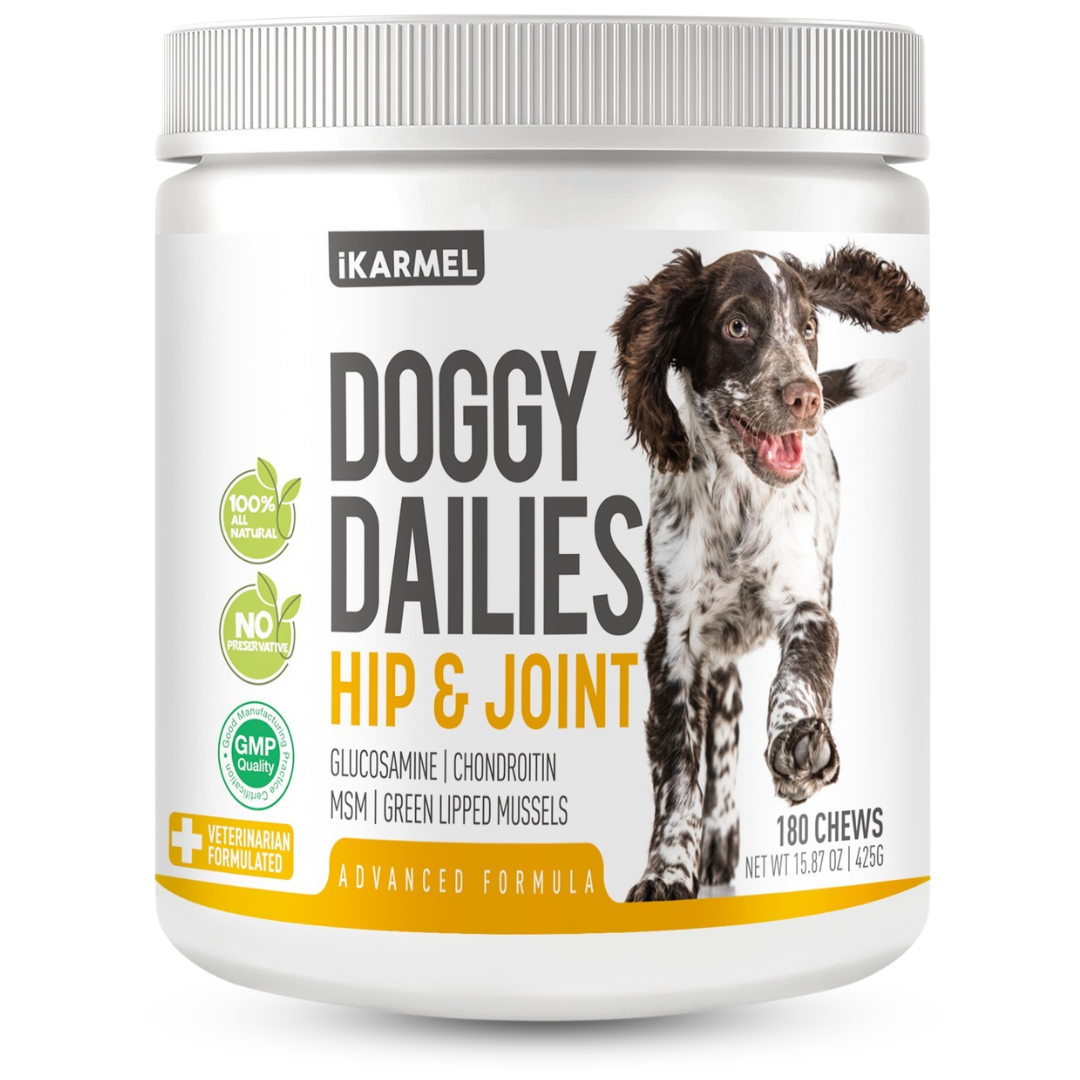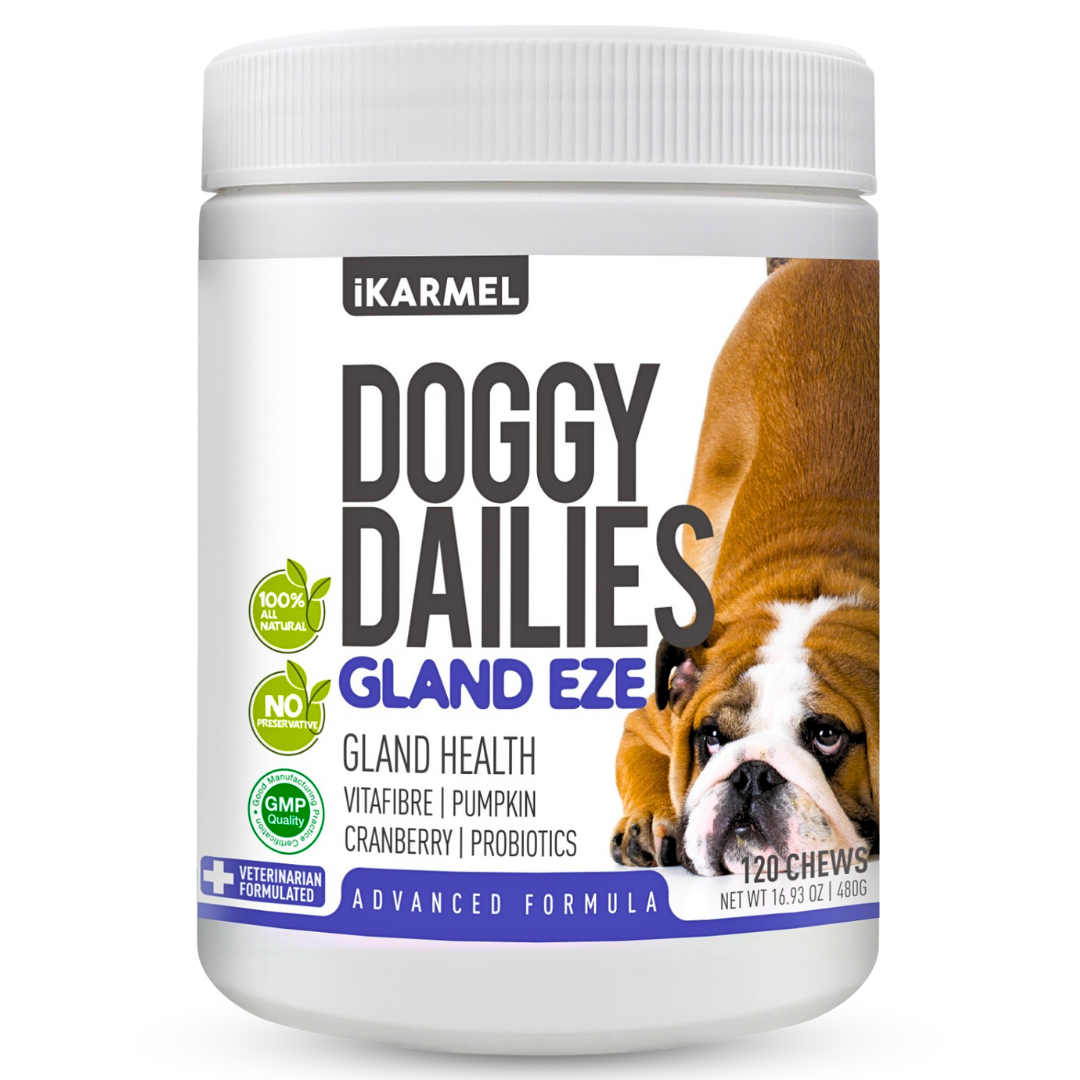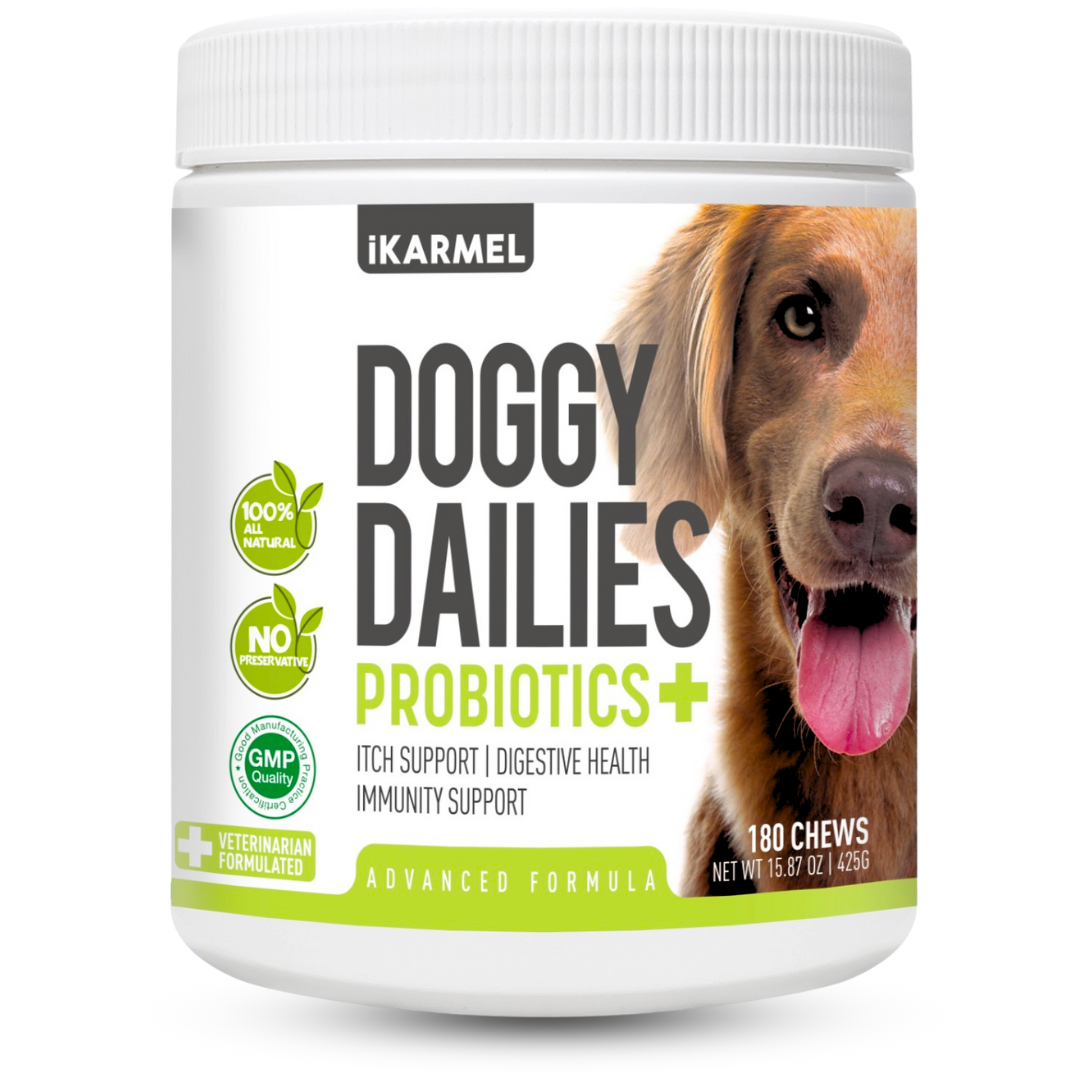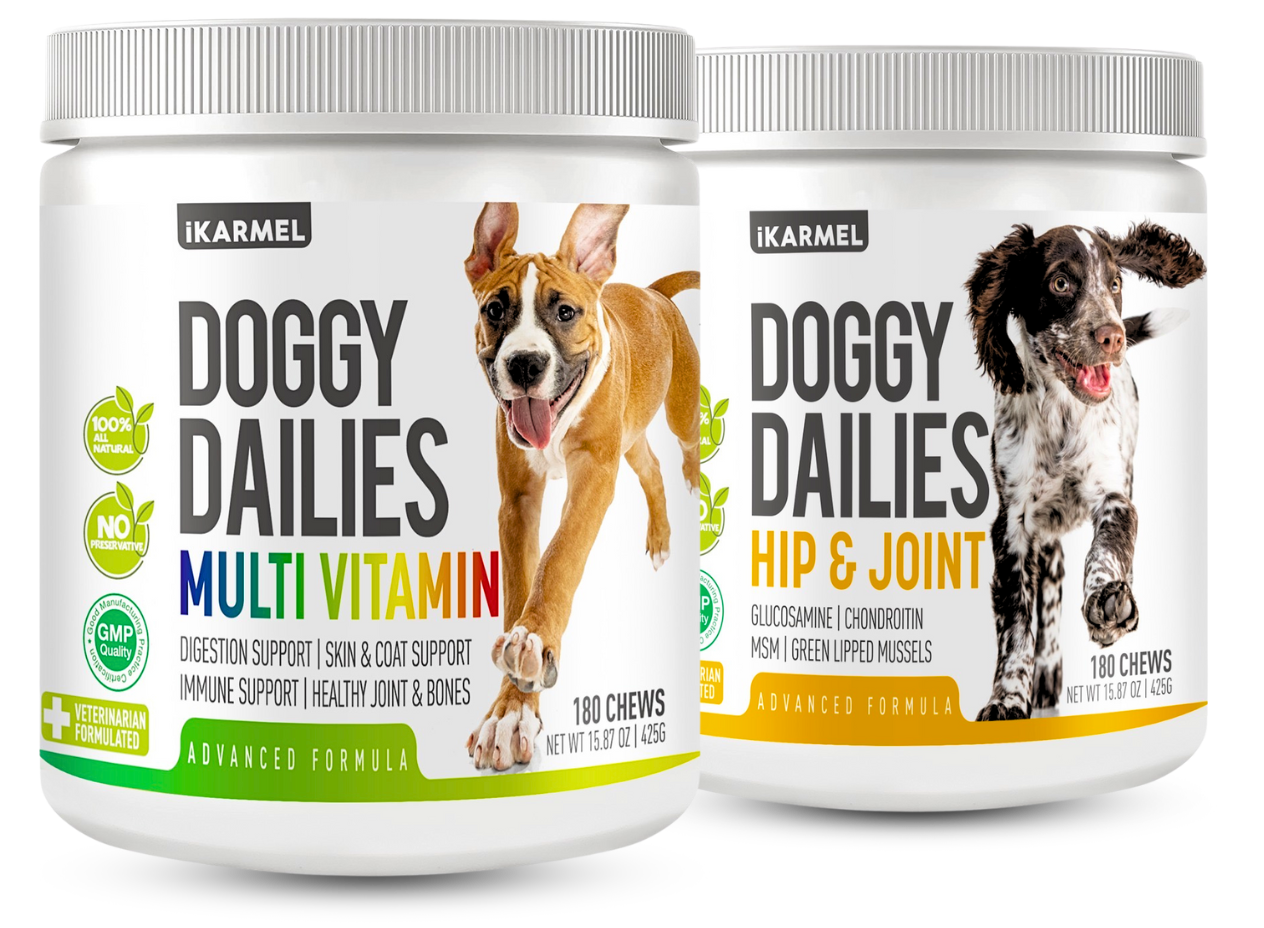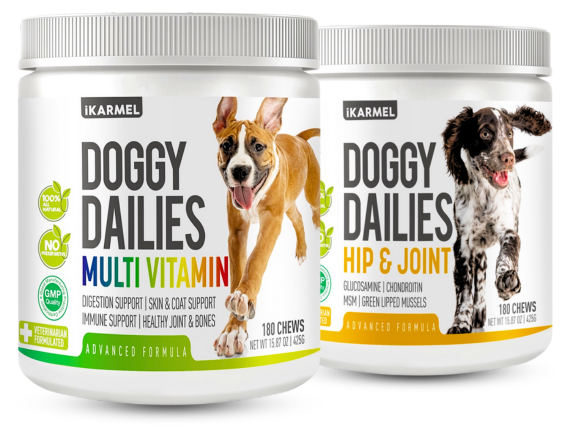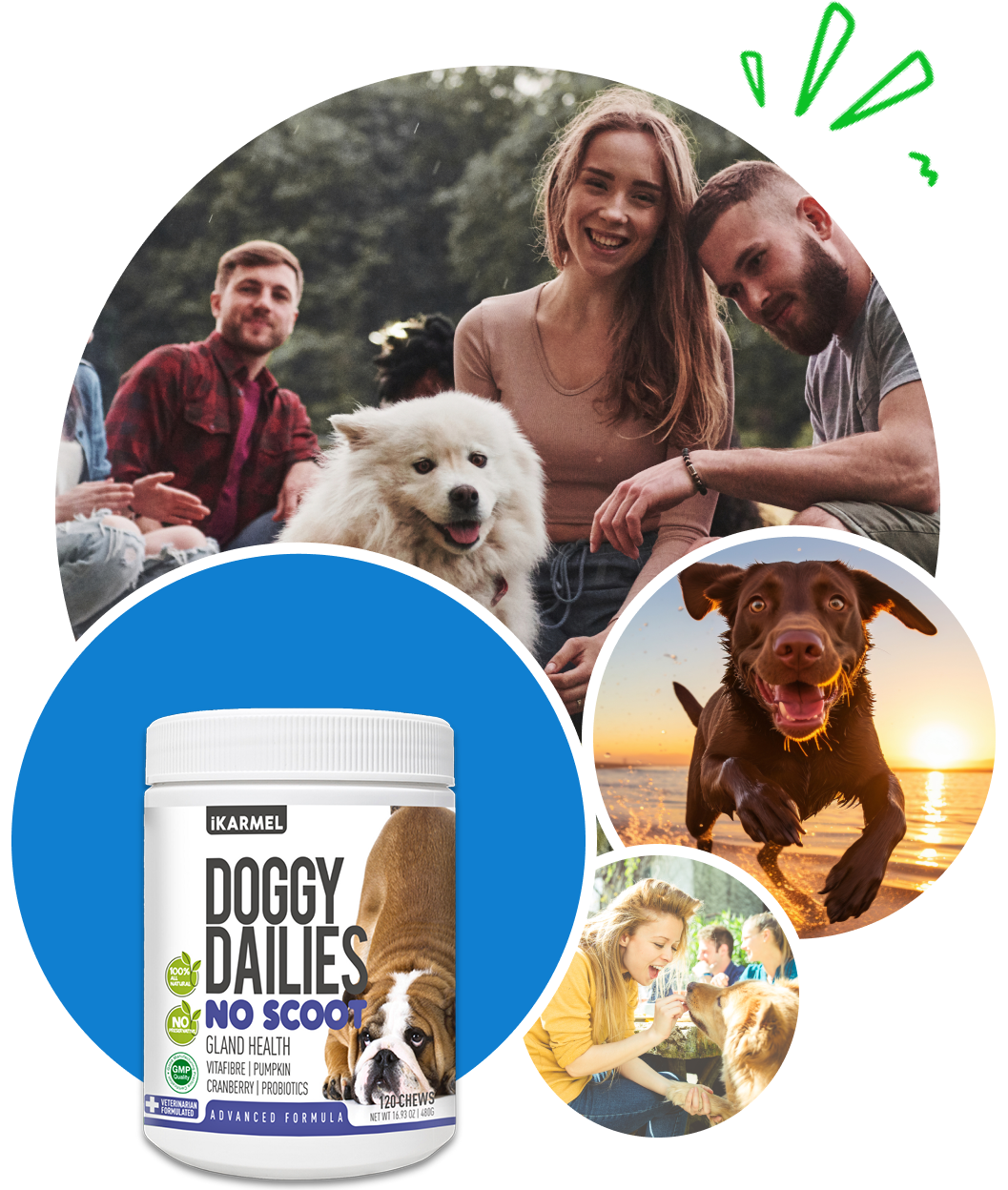How to Support Your Dog’s Health During Allergy Season
Seasonal allergies can be uncomfortable for both humans and dogs. If you’ve noticed your furry friend scratching, licking, or looking more irritable during spring or autumn, you’re not alone. Many dog owners face this challenge as weather changes bring higher pollen counts and other allergens into the air.
This blog is your go-to guide to managing your dog’s seasonal allergies. You’ll discover:
- Common signs of allergies in dogs
- Simple tips to reduce allergen exposure
- Treatments that can make a big difference
By the end, you’ll have the tools to help your dog stay itch-free and comfortable throughout allergy season.
Understanding Seasonal Allergies in Dogs
Dogs can develop allergies to environmental elements such as pollen, mould spores, and dust mites. When their immune system overreacts to these allergens, it can trigger itching, skin irritation, and other discomforts.
Common Signs of Allergies in Dogs
Look out for these symptoms during allergy season:
- Excessive licking or scratching (especially paws and ears)
- Eye or ear discharge
- Red, inflamed, or flaky skin
- Paw chewing or gnawing
- Sneezing or reverse sneezing
- Excessive tiredness on high pollen count days
If your dog exhibits multiple symptoms, it’s time to take action.
Why Seasonal Allergies are Triggered
Seasonal allergies often flare up in spring and autumn. The main culprits?
- Tree Pollen: Most common from February to June
- Grass Pollen: Peaks between May and August
- Weed Pollen: High levels from late summer into autumn
The local environment plays a significant role, so dogs in rural areas or places with high vegetation may experience stronger symptoms.

Effective Treatments for Dog Allergies
If preventative measures aren’t enough, don’t worry. There are several treatments and remedies available to ease your dog’s discomfort.
1. Omega-3 Fatty Acid Supplements
Adding supplements like fish oil or salmon oil to your dog’s diet can improve skin health and reduce inflammation.
2. Hypoallergenic Shampoos
Regular baths with vet-recommended shampoos containing ingredients like oatmeal or aloe can soothe irritated skin.
3. Anti-Itch Medications
Your vet may prescribe medications like Apoquel® or Cytopoint® to control itching and manage symptoms during allergy flare-ups.
4. Probiotic Supplements
Boost your dog’s immune system and gut health with a daily probiotic. Try a vet-formulated supplement like the iKarmel Probiotics + Itch Support Chews, which combine natural ingredients like turmeric, colostrum, and salmon oil to relieve allergies and promote overall wellness.
5. Allergy Immunotherapy
For more severe cases, your vet might suggest immunotherapy (allergy shots) to desensitise your dog to environmental allergens over time.

Natural Remedies for Sensitive Dogs
If you prefer natural remedies, there are simple ways to alleviate symptoms:
- Apple Cider Vinegar Paw Rinses: Mix 2 parts water with 1 part apple cider vinegar to rinse your dog’s paws after walks.
- Coconut Oil: Apply to dry, flaky patches of skin to soothe irritation.
- Seasonal Herbs: Herbs like quercetin (found in some pet supplements) act as natural antihistamines and reduce inflammation.
Always consult your vet before starting any new remedies.
FAQ Section
How do I know if my dog has allergies or a skin infection?
Itching, redness, and flaky skin are signs of allergies, but infections often involve odour or pus. Consult your vet to rule out underlying conditions.
Can I give my dog human allergy medications?
Never give your dog human medication without consulting your vet, as dosages and ingredients differ and can be toxic.
Is it safe to bathe my dog weekly during allergy season?
Yes! Use a vet-approved hypoallergenic shampoo to prevent drying out your dog’s skin while washing pollen and allergens away.
Will allergies disappear as my dog ages?
Not necessarily. Allergies are often chronic, but with proper care and treatment, symptoms can be managed effectively.
Choose iKarmel to Support Your Dog’s Health
Allergy season doesn’t have to be miserable for your furry friend. With the right approach, you can significantly reduce symptoms and improve their quality of life.
For long-term relief, consider adding iKarmel’s natural itch support products to your routine. Explore our full range today to keep your dog healthier and happier—even during peak allergy season!
